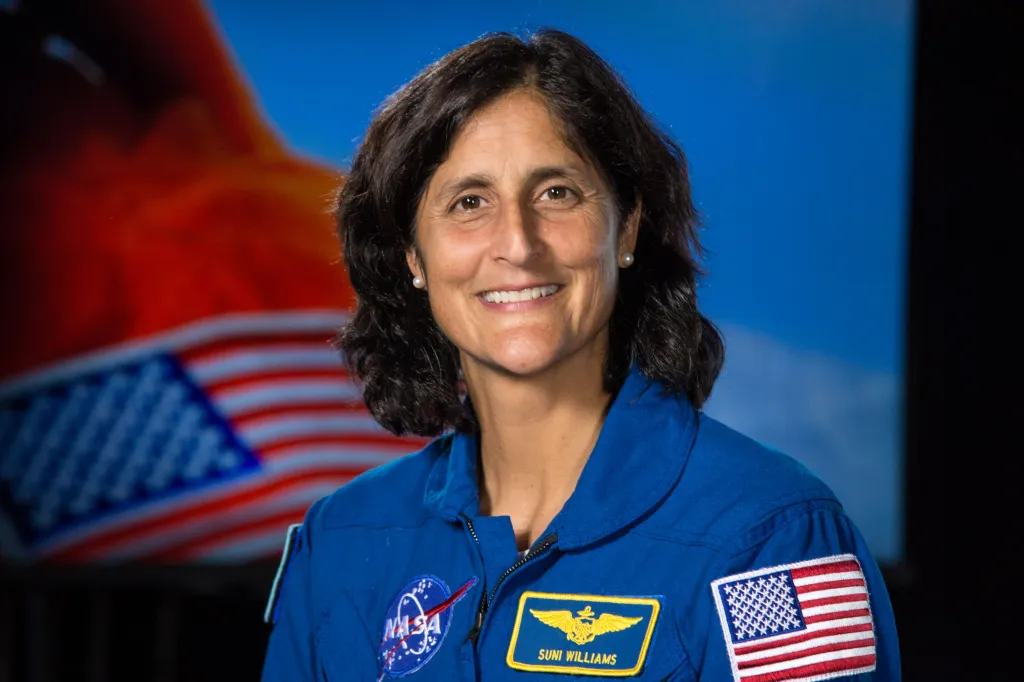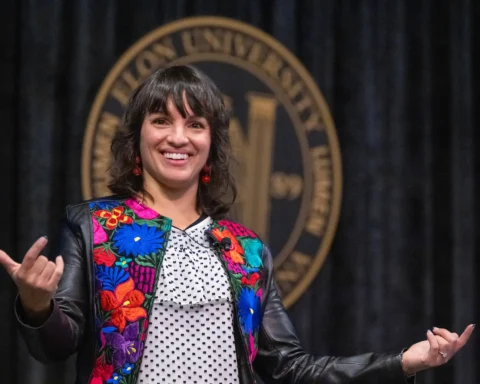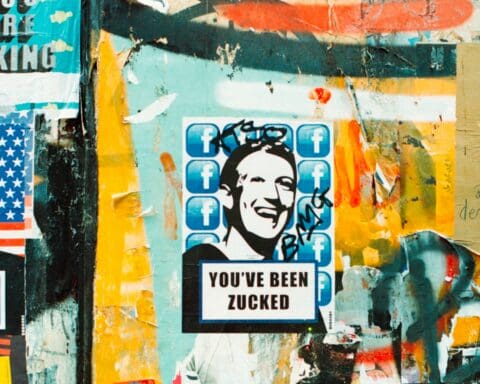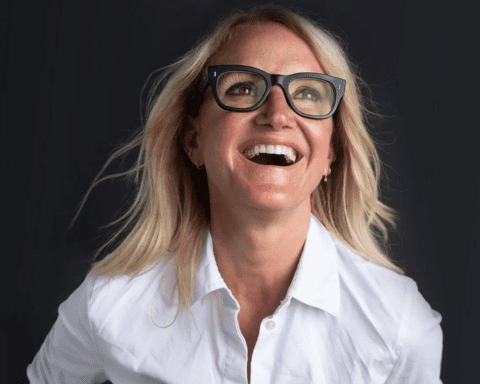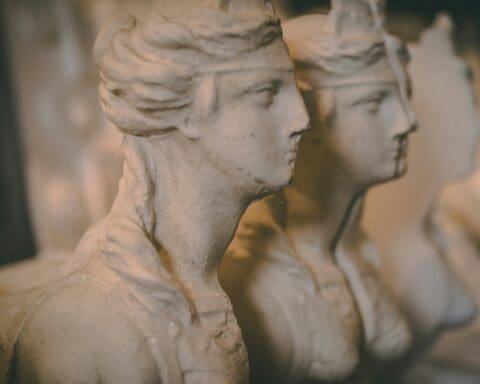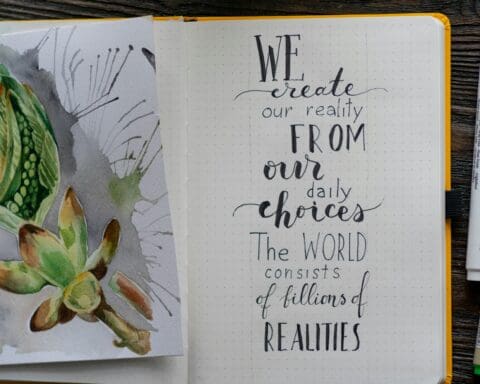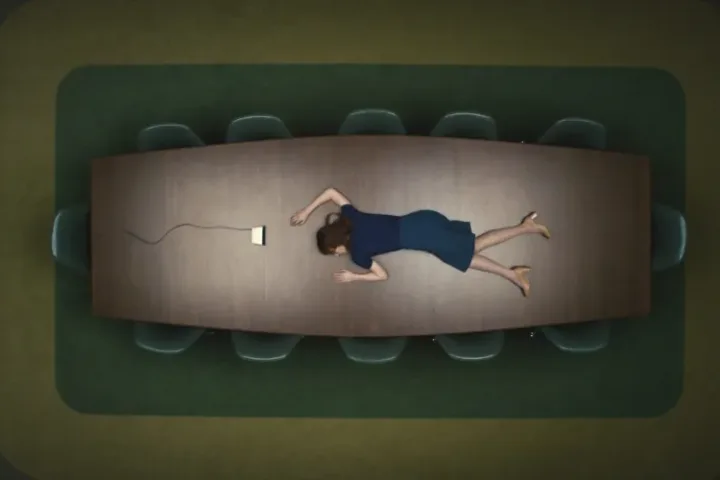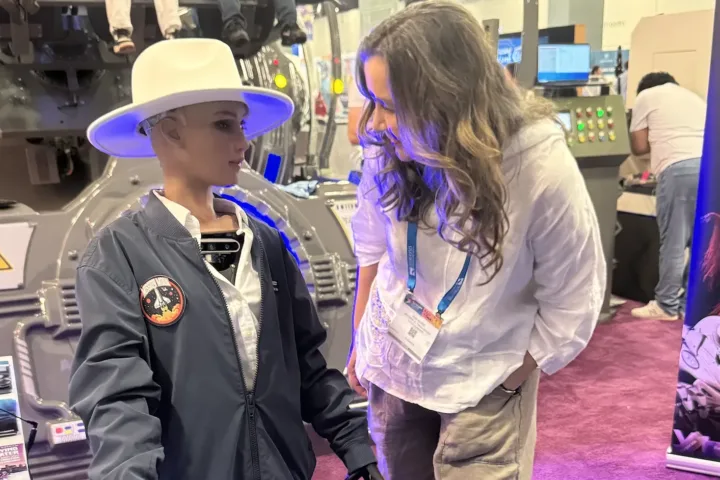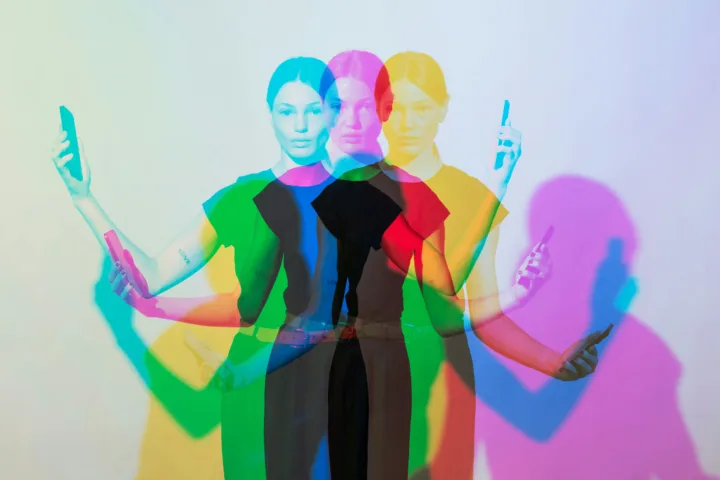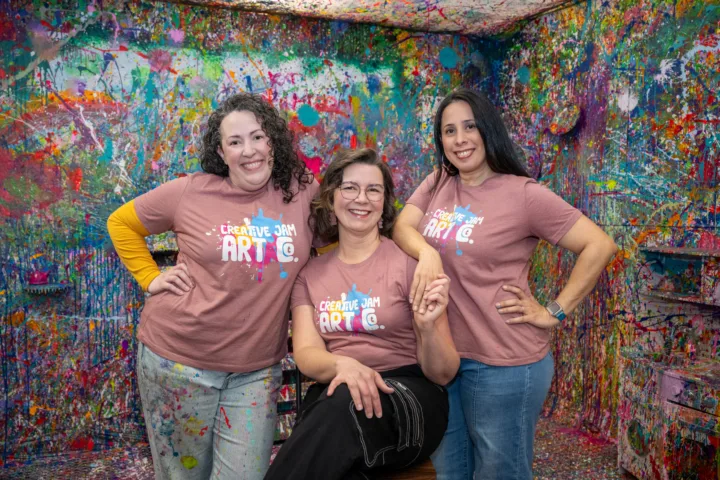I don’t usually write in anger, but this time, I could not let it pass.
When I saw the Daily Mail’s coverage of astronaut Suni Williams’ return to Earth after 288 days in space, I expected admiration, pride, and awe.
What I saw instead was a horrible Daily Mail headline comparing the changes in her appearance to “a pack of cigarettes a day.” The tone was mocking. The focus was on her face. Not her mission. Not her scientific brilliance. Not her resilience.
A woman had just returned from one of the most grueling environments known to humankind, and somehow, the story became about how she looked.
As someone who has built a life advocating for women, this hit hard. I know what it feels like to have your intelligence, experience, and impact erased by a single glance or comment about your appearance. It happens in boardrooms, classrooms, schools, hospitals, media, and, of course, all male-dominated fields and, now again, in space.
✿ Thank you for reading!
Subscribe to be our bestie, no spam—just good vibes once a month.
But what stung most was this: the author of that piece was another woman.
We have to talk about what that means.
This is not just bad journalism. This is ageism and internalized sexism in its most public form. It is evidence of how deeply conditioned we all are to uphold harmful beauty standards, sometimes without even realizing it. A woman reaches the stars, and we still pull her back to Earth by reminding her she’s aging.
Suni Williams didn’t just survive space; she navigated it. She has spent over 50 hours walking in space, flown multiple missions, and been a role model for generations. Space takes a toll. It affects bone density, muscle mass, vision, and even DNA. These are documented, scientifically anticipated changes. But we chose to reduce it all to, “She looks older.”
That framing is not accidental. It is the product of a media culture that views women through a very narrow lens and one where youth and beauty are currency and aging is a threat.
Would we say the same about a male astronaut? No. We’d call him brave. We’d call him a pioneer. We’d call his silver hair distinguished. And no one mentioned anything about what Butch Wilmore looks like.
I’m not here to shame one journalist. I’m here to ask us, especially those of us who are women in media, science, and leadership, to do better.
We cannot fight for progress while quietly reinforcing the very biases we claim to challenge. We cannot celebrate women’s achievements only when they’re wrapped in youth and beauty. And we cannot afford to keep passing these messages to the next generation.
What message does this send to our daughters?
That they can touch the stars, but only if they age gracefully doing it?
No. We owe them more.
We need to create a world where women can excel, age, evolve, and still be valued not in spite of it but because of it.
Suni Williams went to space and came back changed as she should. As anyone would. But instead of honoring her transformation, we criticized it. Let’s ask ourselves who did not change, evolve, or look different during the Covid era.
That is not journalism. That is regression.
So here’s my message to every woman who has ever been told she looks tired, old, worn out when she’s actually just powerful: Keep going.
And to the media, it’s time to redefine what stories we tell and why. This is your responsibility; this is Journalism 101; it has to be in your blood, your bonds, and your heart. Remember your ethics.
Because a woman who’s been to space deserves more than a headline about her face.
She deserves a headline about her legacy. Nothing else.
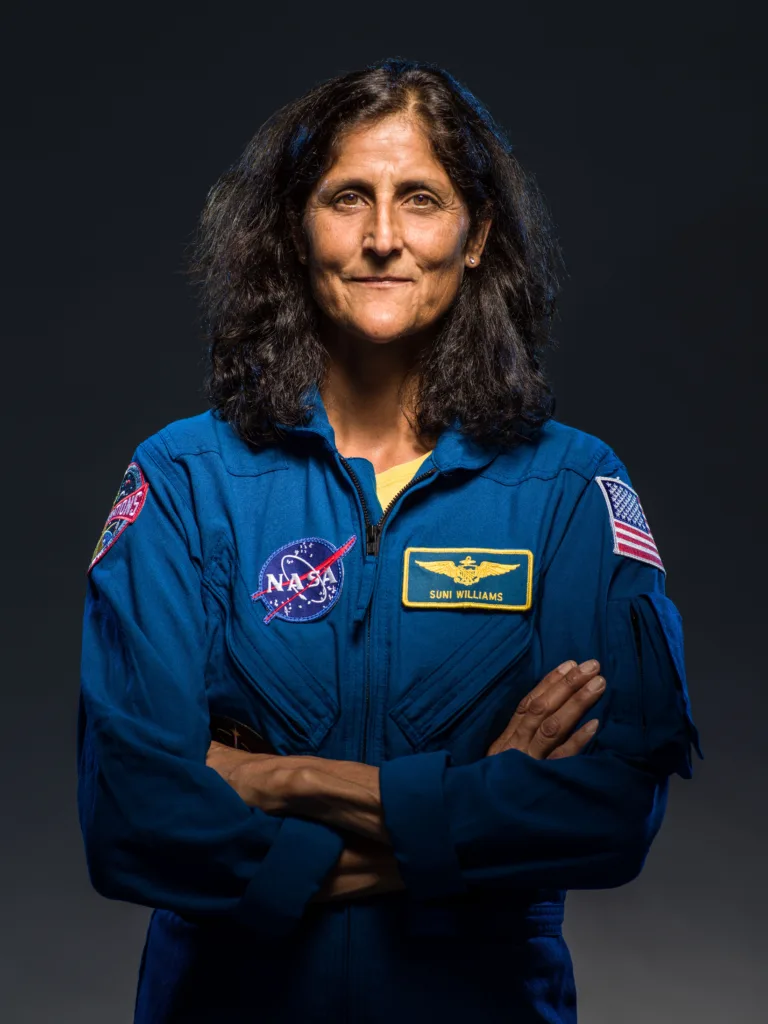
✱ If you liked this article, please share it with a friend who could use inspiration.
If you have a topic in mind or a story to share anonymously or with your name, email us at [email protected]

